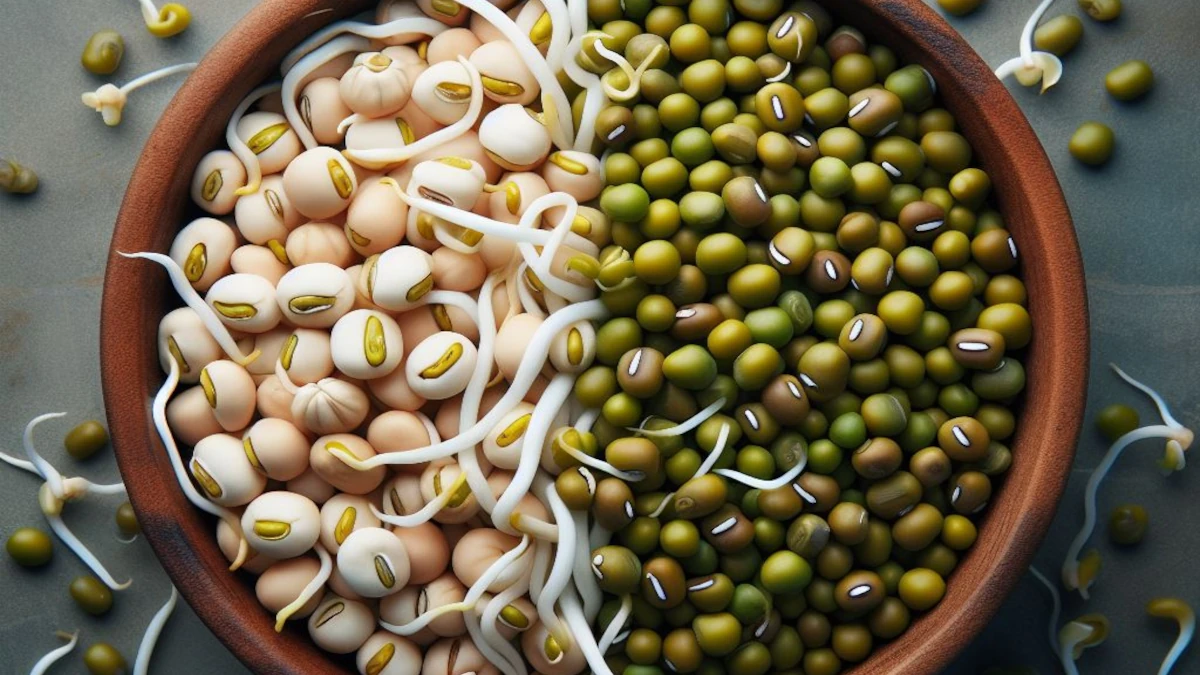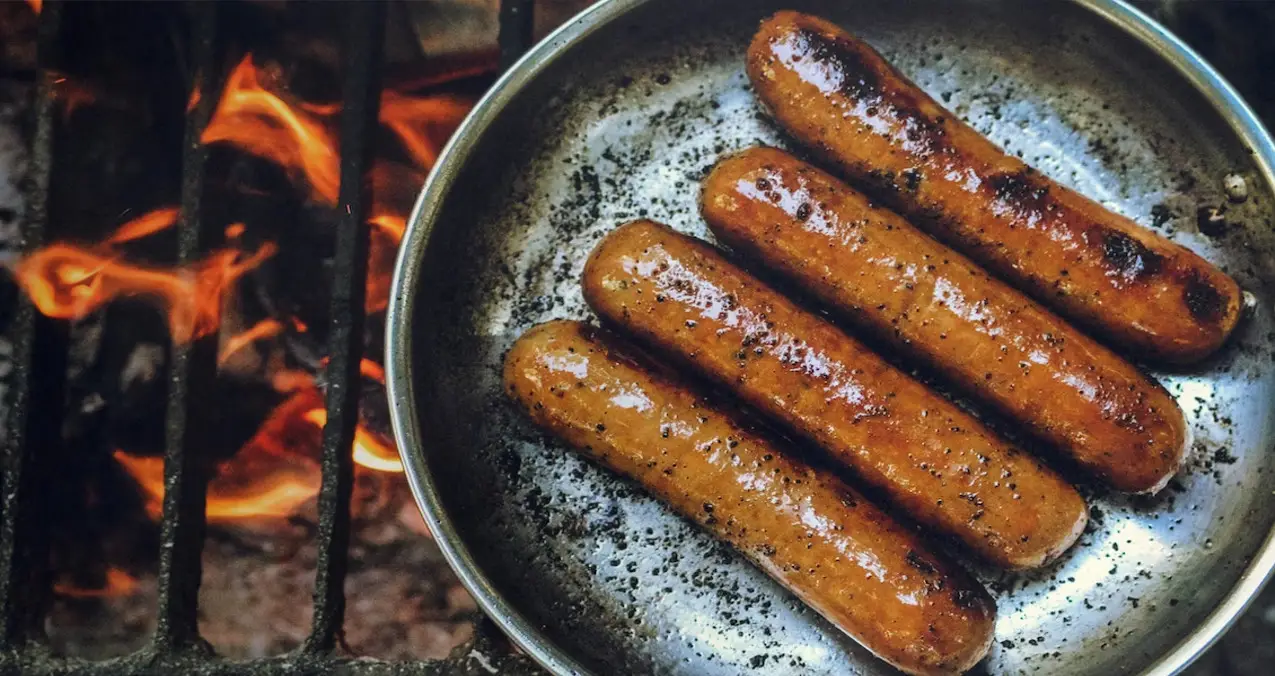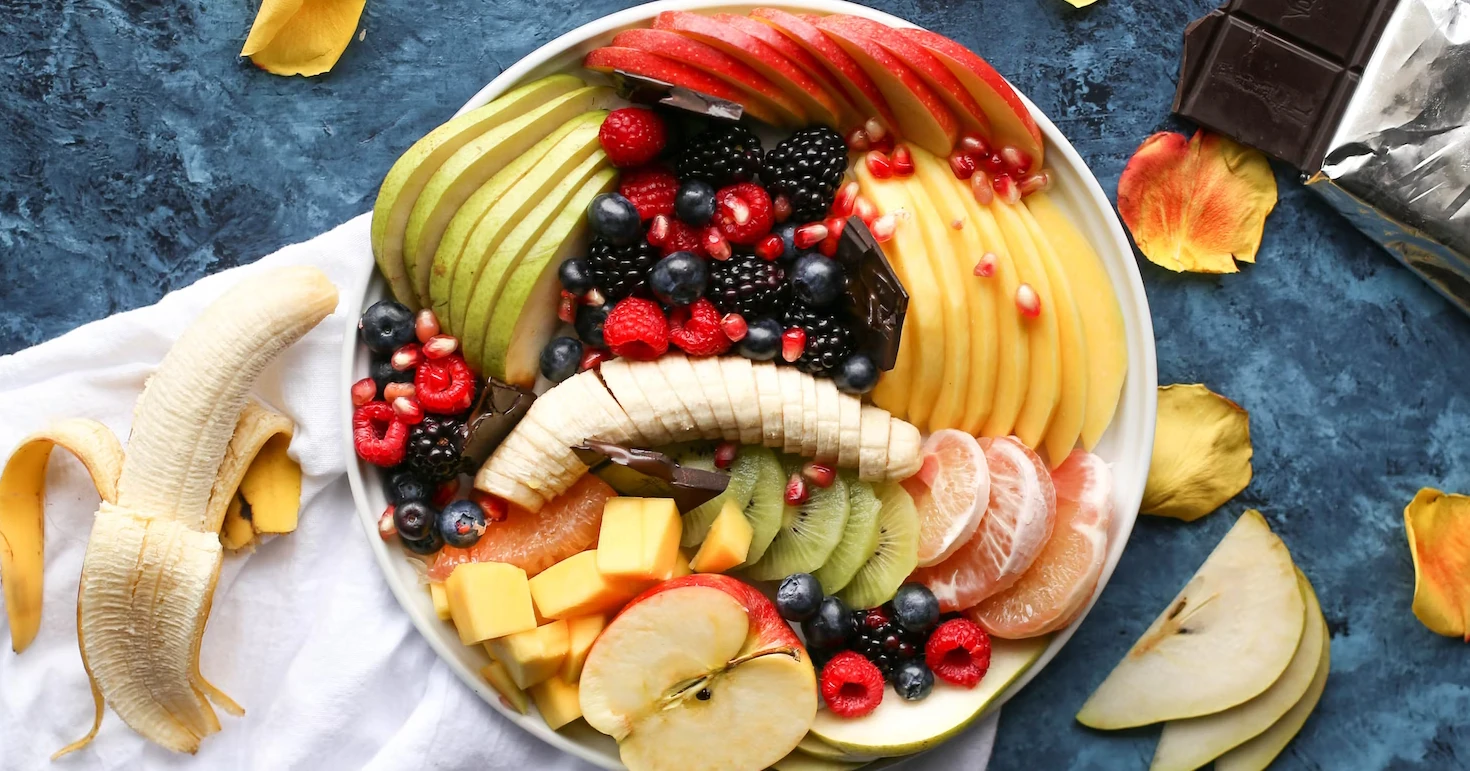Mung Beans Lysine and Arginine Info Sheet
Overview
Mung beans are small, green beans that belong to the legume family.They are commonly used in both savory and sweet dishes in Asian cuisine.
Mung beans are a good source of protein and fiber. They are also rich in essential amino acids, folate, and magnesium.
| Name | Lysine (mg/100g) | Arginine (mg/100g) | Ratio |
|---|---|---|---|
| Mung Beans | 490mg | 492mg | 0.996 |
Mung Beans contains 490mg of Lysine and 492mg of Arginine per 100g of product.
This means Mung Beans has a neutral Lysine-Arginine ratio of 0.996.
Because Mung Beans has a neutral ratio of lysine and arginine, it does not have a significant impact on people who suffer from herpes, as it does not affect the viral activity.
Lysine Considerations
Mung beans are a good source of lysine, an essential amino acid that is important for protein synthesis and collagen formation.
It is one of the nine amino acids that your body cannot make by itself, so it has to come from the food we eat.
Lysine has multiple functions in the body, such as helping with growth, healing, energy, immunity, and collagen production.
Lysine may also have some effects on the herpes virus, which causes cold sores and genital sores.
Studies have suggested that taking lysine supplements or applying lysine cream may help prevent or treat these infections by blocking the amino acid arginine, which the virus needs to grow.
Arginine Considerations
Mung beans contain a similar amount of arginine as lysine. Arginine is a semi-essential amino acid that plays a role in several bodily functions, including wound healing and immune function.
Arginine can contribute to cold sore outbreaks, which are blisters caused by the HSV-1 virus, also known as herpes.
Arginine aids in the growth of HSV-1, which needs this particular amino acid to multiply and infect cells.
Arginine can be obtained through our diet, and is found in many high-protein foods such as nuts, seeds, and chocolate.
Regrettably, the herpes virus is known to "feed" on arginine, and a diet rich in arginine compared to lysine may increase the frequency and severity of cold sores and herpes outbreaks.
Lysine-Arginine Ratio
Mung beans have a balanced lysine-arginine ratio, which can be beneficial for maintaining a balanced diet.
The herpes simplex virus, which causes oral and genital herpes, needs arginine to multiply and infect cells.
Lysine, on the other hand, can interfere with the absorption of arginine in the intestine, and thus limit the availability of arginine for the virus.
By eating a diet higher in lysine than arginine, one may be able to prevent or treat herpes symptoms.
Foods that have a high lysine-arginine ratio include dairy, fish, poultry, fruits, and vegetables.
These foods can supply the body with sufficient lysine to compete with arginine and inhibit the virus from replicating and causing flare-ups.
Dietary Considerations
Legumes are plant-based foods that are high in protein, fiber, and minerals.
Legumes also contain lysine and arginine, but the amount varies depending on the type of legume.
Soy-based products, such as tofu, tempeh, soybeans, and soy milk, have more lysine than arginine, which makes them suitable for people with herpes.
Other legumes, such as beans, lentils, and chickpeas, have more arginine than lysine, which makes them less favorable.
These legumes can still be consumed in moderation, as they have other health benefits.

For example:
A diverse and nutritious diet that supports your immune system and fights inflammation is essential.
This means you should eat lots of fruits, vegetables, whole grains, lean protein, and healthy fats, and steer clear of processed foods, added sugars, alcohol, and caffeine, which can harm your health.
Drinking enough water to keep yourself hydrated and remove toxins from your body.
Water can also help prevent dryness and irritation of the skin and mucous membranes, which can result in fewer outbreaks.
You may want to take l-lysine supplements.
L-lysine is known to prevent herpes outbreaks and it can help stop a cold sore in its initial stages by "starving" the virus of arginine before it has a chance to cause a cold sore.
Foods that can boost your immunity and fight inflammation are essential to prevent outbreaks.
Honey, yogurt, aloe vera, and chamomile are some examples of these foods.
They can also soothe your symptoms and help you recover quicker by reducing pain, swelling, and itching.
Check more food information






